
Promoting Data Transparency in the Justice System: Adopting National Open Data Standards (NODS)
What’s being done to promote data transparency within justice agencies? And how are courts getting involved?
Information that you can use right now.

What’s being done to promote data transparency within justice agencies? And how are courts getting involved?

We sat down with Renee Danser, Associate Director of Research and Strategic Partnerships at the Access to Justice Lab at Harvard Law School, to discuss how courts are addressing the need for accessible community-based resources.

Defendants are increasingly representing themselves. Here’s how courts can promote equity in justice with SRLs.

Moving to cloud-based software doesn’t have to be tricky. CMSs have come a long way, and cloud-based technology has introduced unprecedented accessibility, improved efficiency, and driven cost savings.
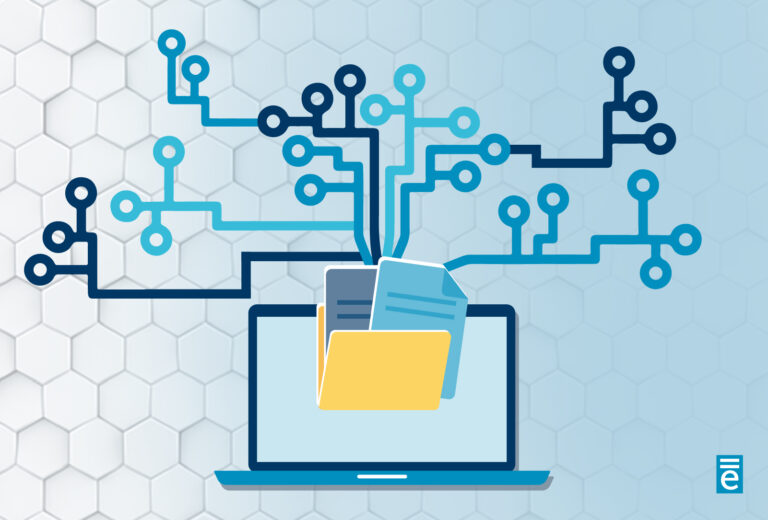
The National Center for State Courts’ National Open Data Standards initiative can help set national data standards by creating rules around how data are defined and recorded. Anyone adopting the national standards would share a set of common definitions and technical standards around data collection and sharing.
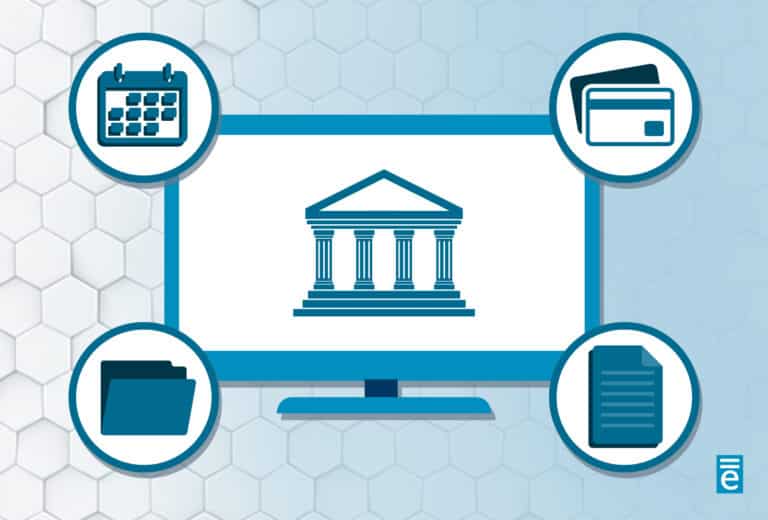
For many, virtual court has become synonymous with remote hearings, but from where we’re sitting, virtual court is so much more. Learn what courts are doing to go fully online and increase access for their communities.
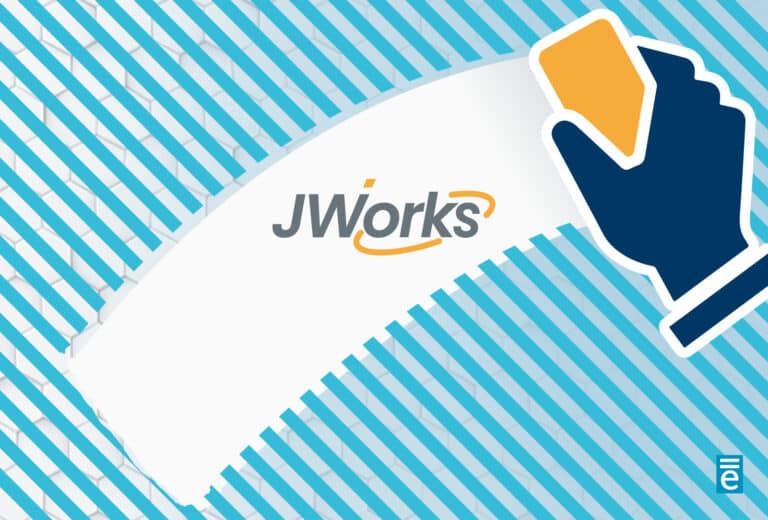
Clean Slate laws have been a literal lifesaver for many people with a criminal record. Several states have already adopted Clean Slate laws, and more are on the way. What is your state doing, and are you going to be ready?
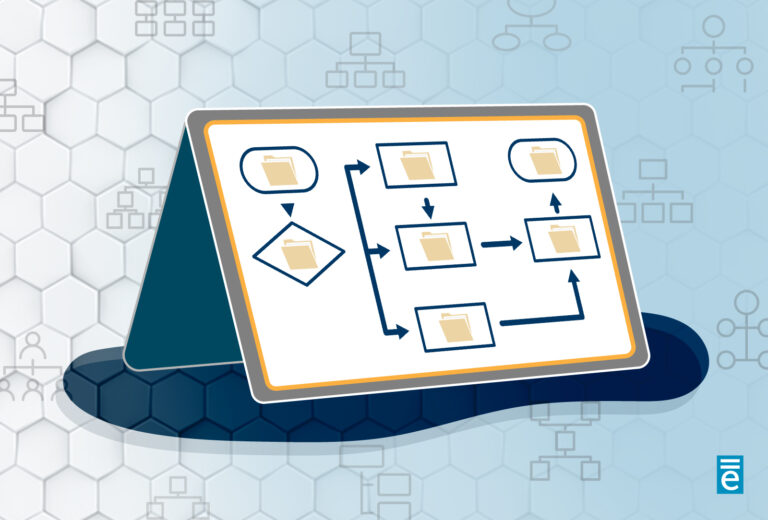
It’s not enough to simply have workflow functionality; your team needs a robust tool that’s specifically designed to move cases through their caseflow efficiently. How can you tell the difference?

Mental illness among justice-involved individuals continues to be top-of-mind for justice professionals across the country. Regardless of where your jurisdiction is in your journey toward prioritizing mental health care, there’s a lot to be learned from others.

Your judicial officers have unique case needs and demands on their time, and they need a flexible, configurable tool that is specifically tailored to their job.
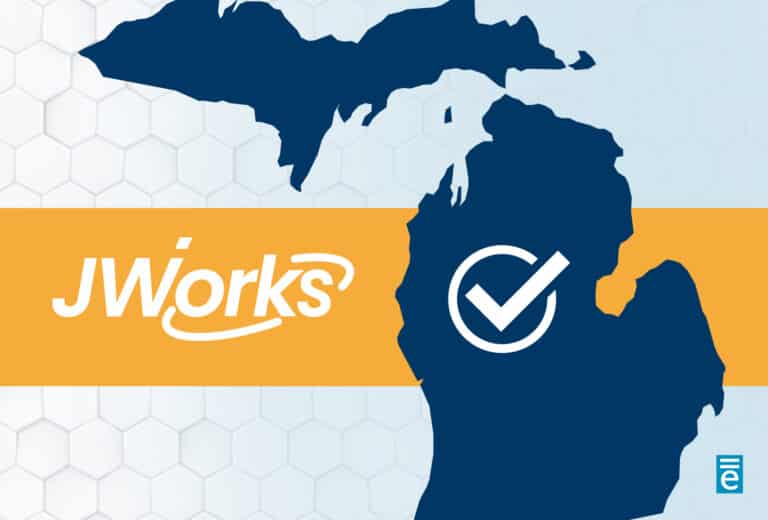
…And that’s just the beginning. One of equivant’s latest innovations is state-level collaboration, where we’ve developed a baseline court case management solution that’s already customized to your state’s specific regulations, processes, practices, and needs.
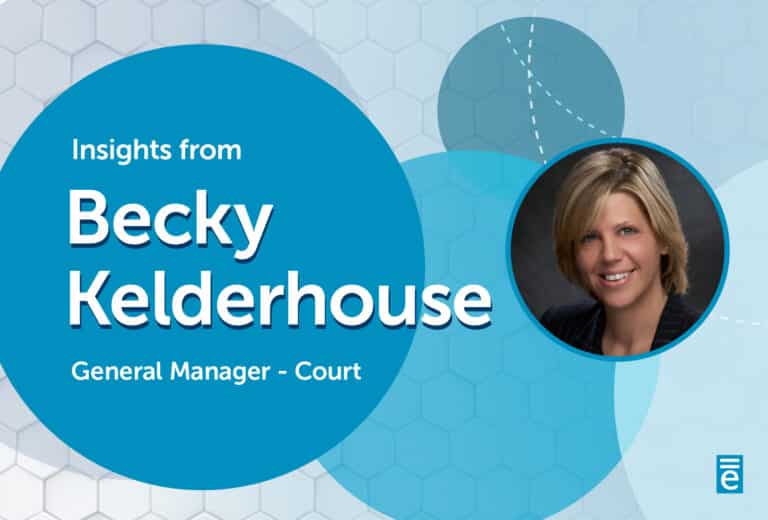
We sat down with Becky Kelderhouse, General Manager – Court division of equivant, to talk about the impact of data and data sharing on the justice system.